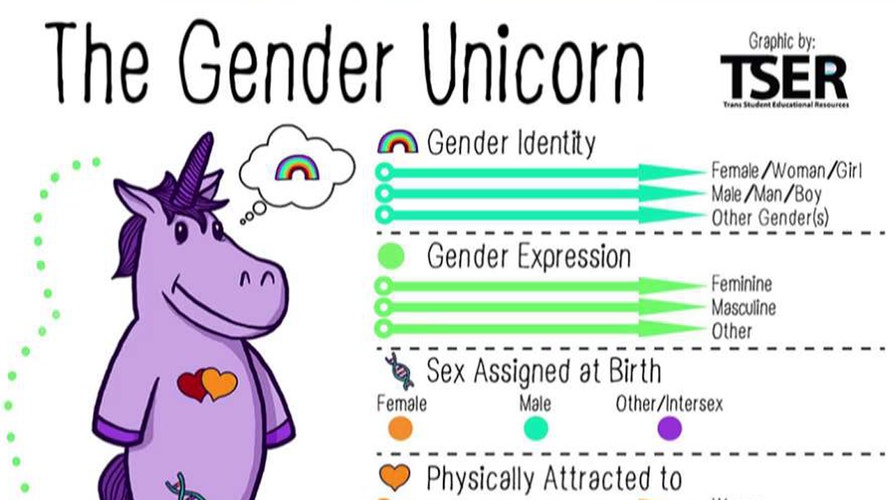School district pushes to remove 'boy,' 'girl' labels
Critics say dumping gender terms is pushing an agenda; the 'Outnumbered' panel debates
ALBUQUERQUE, New Mexico – It didn’t take long for the new gender identity policy in Albuquerque schools to cause confusion, after a memo from one assistant principal told teachers not to refer to students as boys or girls.
It was all a mistake, but it showed how the quickly changing rules on how to identify children by gender has left educators baffled and parents angry.
“The school has acknowledged the mistake and has rectified it,” Rigo Chavez, spokesman for the Albuquerque Public School district, said.
The clarification came after the assistant principal at Carlos Rey Elementary School, on the city’s westside, misinterpreted the new policy in a note to staff that was leaked outside the school circle.
The case mirrored one in Charlotte, N.C., where teachers have been advised to stop calling children “boys and girls,” according to a training presentation on transgender issues. Instead, the progressives who control Charlotte-Mecklenburg Schools want teachers to identify the youngsters as either “students” or “scholars.”
But in Albuquerque, even though boys are boys and girls are girls again, parents are still getting used to the new policy as the school year enters its second week.
According to the Albuquerque Public School district’s newly implemented “Non-Discrimination for Students: Gender Identity and Expression” policy, students shall have the right to be addressed by a name and pronoun corresponding to their chosen gender identity. Students are not required to get a court ordered name, gender change or to change their official records before they must be addressed by the name and pronoun that correspond to their gender identity.
There is no mention of mandated school requirements to abolish across the board gender reference of students. But all of this is little consolation to the majority of parents FoxNews.com spoke to outside Carlos Rey Elementary School Monday. Most had heard about the errant memo.
Four mothers picking up their children were shocked to hear the policy had even gone into effect expressing anger they were never notified by either the school or the school district.
“It’s going to confuse the kids and may even bring [gender confusion] on early,” said D’aundra Cordova.
The three other mothers nodded their heads in agreement.
Tausha Cordova said the situation could boil over.
“There’s going to be a lot of irate parents going to the school when their kids come home telling them what they saw,” she said.
This working class, predominately Hispanic neighborhood in southwest Albuquerque has strict cultural and familial mores and there is a sense that the gender identification policy could be more disruptive than accommodating.
Matthew Gallegos, who was picking up his child, expressed concern how the policy could mushroom by the time a student gets into middle and high school.
“It may not be an issue at the elementary school level, but there could be more cases of bullying in middle school and high school,” said Gallegos.
Principal Judith Touloumis deferred comment to Chavez.
One young female teacher standing outside of the school in a light drizzle monitoring students getting on buses after school said she was told not to talk about the policy, but did acknowledge there is some confusion.
“I guess we are going to have another training to clear things up,” said the teacher.
Zane Stephens, co-director and co-founder of The Transgender Resource Center of New Mexico, said the education process must be ongoing.
“Students should not go to school in fear of what they might be called,” said Stephens. “How do kids go to school in an equitable environment if they are in fear?”
Stephens said the new policy should not come as a surprise since the district has been doing LGBTQ training for years.
“I do not feel this policy is putting the cart before the horse,” he said.
This is a point many of the parents at Carlos Rey Elementary School may disagree with.
“We had no idea this was going on in the schools,” said Cordova.


